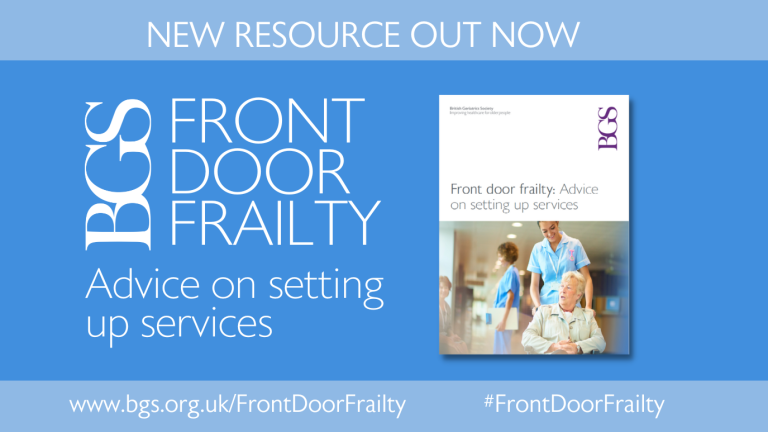The Royal College of Emergency Medicine (RCEM) has issued a stark warning as over a million older patients endured 12-hour waits in emergency departments in England last year.
Investigations by the RCEM and the Care of Older People report reveal the shocking reality that older people are more likely to experience long waits in the emergency department than younger people. Furthermore, RCEM found that many older people do not receive screening despite national recommendations that patients over 75 years should be screened for frailty, delirium and risk of falls upon arrival at an emergency department. RCEM found that:
- Only 1 in 7 patients were screened for delirium – a reversible condition which is associated with increased risk of falls, pressure sores, and longer term effects on cognitive function
- Fewer than 1 in 2 patients were screened for risk of falls
- Just over one half were screened for frailty – a condition that increases risk of hospital-acquired complications and can be better managed with targeted support in the community
It is disappointing to see that while some improvements have been made, the number of people aged 60 and over who waited more than 12 hours to be transferred, admitted or discharged was 3.5 times higher than in 2019.
Professor Jugdeep Dhesi, President of the BGS, said:
Together with RCEM, we are outraged that older people wait so long to be seen and treated in emergency departments, especially as they are at greatest risk of worse outcomes. The low rates of screening at the front door are disheartening, as we know early recognition of frailty and delirium can lead to better care and outcomes. The systemic failure to address the unique issues faced by older people is placing huge pressure on patients, their families, clinicians and the NHS.
This situation is not inevitable. Front door frailty services can ensure older people at risk are identified as soon as they arrive at an emergency department, assessed and treated quickly and when appropriate, discharged on the same day. Such services provide a better experience for patients and are more efficient, freeing up capacity to support delivery of both emergency and elective care in the NHS.”
